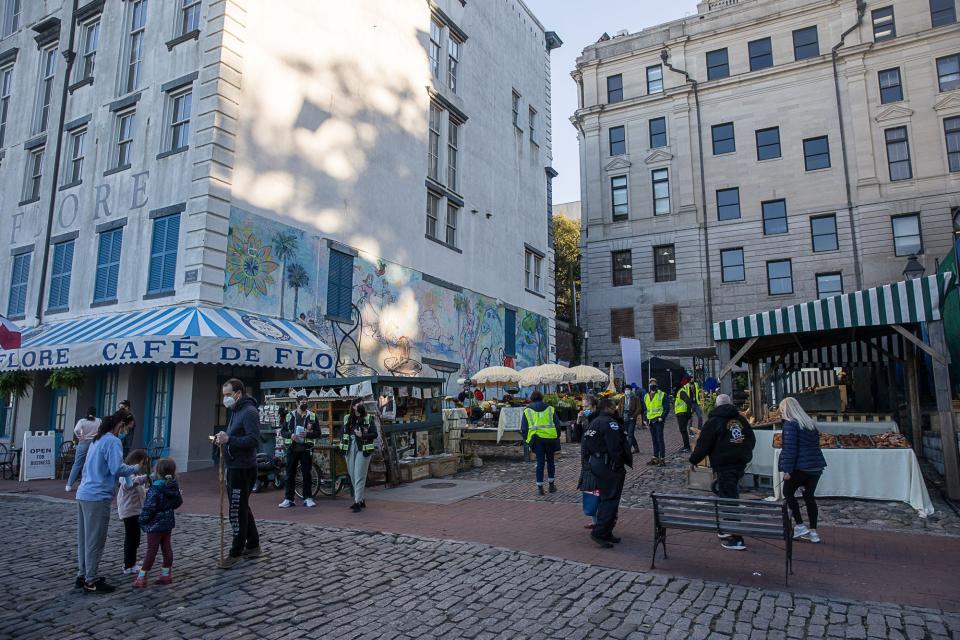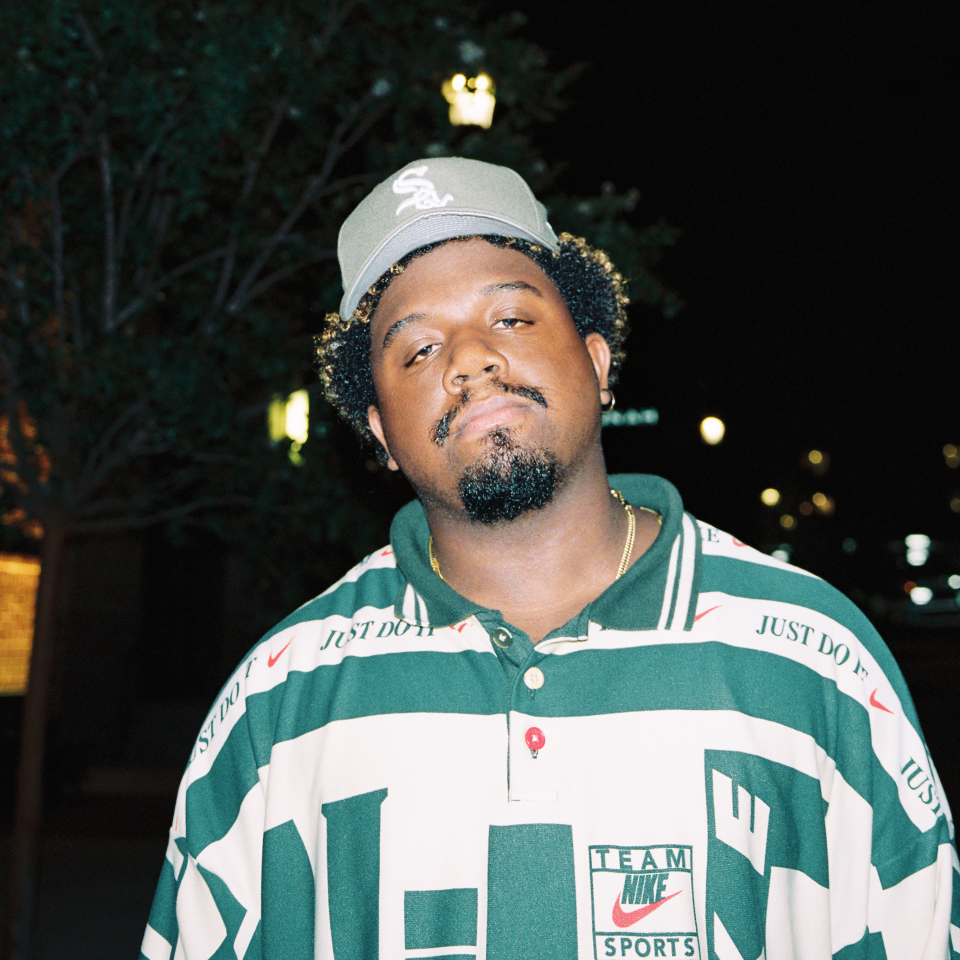Our Utopia: Why can't Savannah be a major hub for the independent creator economy?
- Oops!Something went wrong.Please try again later.
- Oops!Something went wrong.Please try again later.
- Oops!Something went wrong.Please try again later.
This is the beginning of a bi-monthly column titled "Savannah Utopia". The columns are written by Donny Slater, a partner at Club Hous Works, a multimedia company with a marketing agency, podcast network, and record label. Contact him at 912-224-5580 or donnyslater.com
It’s June 28, 2005. Steve Jobs has just announced that Apple will be making podcasts “mainstream” He says this will be the future of radio (two years before Steve introduced the iPhone to the world). Steve Chen, Chad Hurley, and Jawed Karim created YouTube this same year. A small company called Facebook was born in a Harvard dorm room the year before.
During this era of American society, something more important than any of these companies was born. It's what Club Hous Works calls the "independent creator economy.”
More:Pote Baby, Club Hous Works panel on music and technology to close 2023 GRIT Conference
They're in the house: Growing pool of Savannah musicians find homes in DIY house shows, non-traditional venues
'It’s like a f---ing museum' Alternative art spaces bring the color to Savannah art scene
The launch of these streaming platforms (Apple Podcasts, Shopify, SoundCloud, YouTube, Spotify, etc.) has made way for podcasters, social influencers, video directors, musicians, developers, fashion designers, and other creative industries to earn six-figure incomes that grow into seven-figure businesses anywhere in the world.
Every year, Savannah’s power brokers in government and investing discuss industries they need to fund and develop, but a $104 billion industry isn’t being brought to the table. Let’s go back a bit to understand the birth of this economy and how it can work in Savannah.
Savannah can become a breeding ground for these creators to get their start.
What is the independent creator economy?
Understand that we say independent creator economy because all of these platforms mentioned earlier vaporized the need for permission from big institutions to launch the next multimillion-dollar idea.
With only $15,000, a short film, video & audio podcast, or a clothing brand could be ideated, produced, distributed, and marketed to begin earning revenue. The city has invested and seen some benefits in the film industry with film education at Savannah Technical College and additional tax credits attracting studios to film blockbuster movies in Savannah.
Zach Dennis: Savannah isn't a food town, find more unity and three other local culture thoughts for 2023
An annual fund of at most $500,000 that provides $10,000 to $50,000 funding checks could lead to the creation and ownership of these forms of media, technology, and film products from our residents.

Another primary barrier to success that was vaporized within the third industrial revolution was the location.
If this were 20 years ago, Savannah wouldn’t be the ideal city for a creative to launch their career. Today I believe the Savannahs, Jacksonvilles, Austins, and the Charlottes of the world are the new utopias for creators. These cities offer a lower cost of living than Los Angeles, New York, or London but still provide the cultural elements of a larger city.
Suppose Savannah begins to invest in creating a space that focuses on creating and developing these products. In that case, we could attract more world-renowned companies like Shopify, YouTube, Soundcloud, Nike, and more to the city as partners (trust me, we’ve already started doing it).
Zach Dennis: Savannah was named the 4th best food destination in the U.S. — are you kidding me?
These independent creators have partnered with Fortune 500 companies to create seven-figure earnings for themselves and double-digit percentage growth for their clients while only using their iPhones to grow a loyal community. At one point, it would’ve required considerable investment and living expenses in a major city to get these opportunities.
Now, a few thousand dollars and an email address can open the doors to multigenerational wealth for anyone.

Knowing this, we should ask ourselves where a city like Savannah and its residents can fit into this multi-billion-dollar industry and how the city government and business leaders can cultivate this sector.
Invest Atlanta (the city's economic development arm) developed the Creative Industries Fund, which allowed creative entrepreneurs to receive $5,000 to $20,000 for projects ranging from film production to music album marketing or product development for an app. In Los Angeles, the Mayor’s Fund for Los Angeles (MFLA) and the Mayor’s Office of Economic Development launched LA Original, a project to partner with LA’s local creative community to create new opportunities.
It’s time for Savannah to invest in the infinite pool of talent that SCAD educates and develops. Why can’t Savannah’s creative community have a seat at the multibillion-dollar table?
Donny Slater is a partner at Club Hous Works, a multimedia company with a marketing agency, podcast network, and record label. Contact him at 912-224-5580 or donnyslater.com.
This article originally appeared on Savannah Morning News: Savannah GA could become major creative hub with right investments

